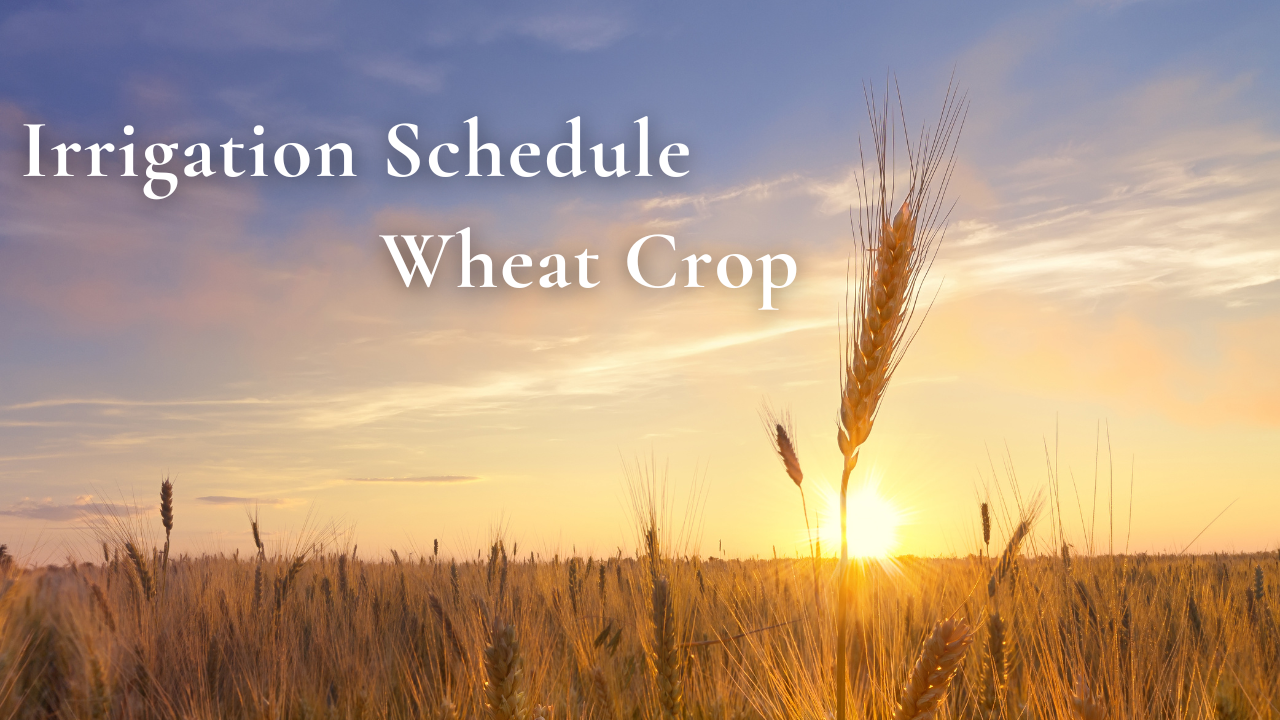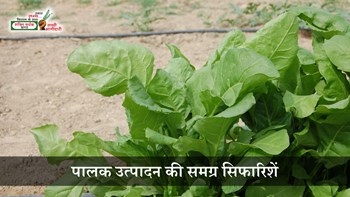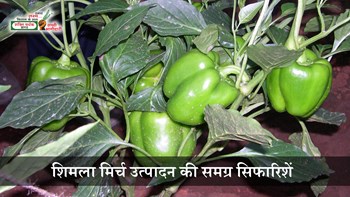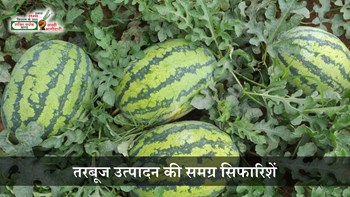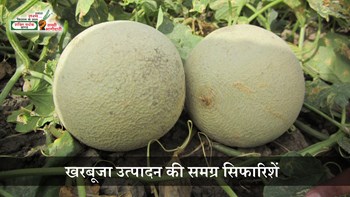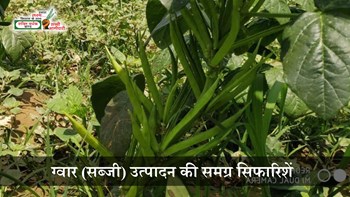Wheat is a widely grown crop in India and requires proper irrigation management to achieve optimal yields.
Critical Stages for Irrigation
- 1. Crown Root Initiation (CRI) – 20-25 Days After Sowing (DAS):
This is the most critical stage for irrigation as water deficiency during this phase hampers root establishment, significantly affecting plant growth. At this stage the crop requires 60-70 mm of water. - 2. Tillering Stage – 40-45 Days after sowing:
Proper irrigation during this stage enhances the development of secondary shoots or tillers, increasing the number of productive spikes. - 3. Jointing Stage – 60-65 Days after sowing:
This stage marks the elongation of the stem and the start of spike differentiation. Adequate water during this stage ensures uninterrupted nutrient uptake and stem development. - 4. Flowering Stage – 85-90 Days after sowing:
This is a critical stage for grain setting. Moisture stress during flowering can lead to poor pollination and grain formation. - 5. Milk Stage – 100-105 Days after sowing:
At this stage, grains start filling. Adequate irrigation ensures proper grain size and weight, directly impacting yield quality and quantity.
General Irrigation Schedule
The number and frequency of irrigations depend on soil type, climatic conditions, and the wheat variety being cultivated. A general guideline for wheat cultivation is as follows:
For Different Soil Types:
- 1. Sandy Soil: Requires frequent irrigation (every 7-10 days) due to poor water retention.
- 2. Loamy Soil: Requires irrigation at every 10-15 days for balanced water availability.
- 3. Clay Soil: Irrigate the field at every 15-20 days as these soils retain moisture longer.
Suggested Number of Irrigations:
- 1. Rainfed Wheat: 2-3 irrigations during CRI, flowering, and milk stages.
- 2. Irrigated Wheat: 5-6 irrigations at all critical stages.
Water Depth:
Each irrigation should supply 60-70 mm of water, ensuring the soil moisture reaches the root zone (approximately 30 cm).
Benefits of a Proper Irrigation Schedule
- ~ Promotes healthy crop growth and development.
- ~ Improves nutrient uptake and grain quality.
- ~ Reduces water waste and enhances water-use efficiency.
- ~ Prevents stress-induced yield losses.
